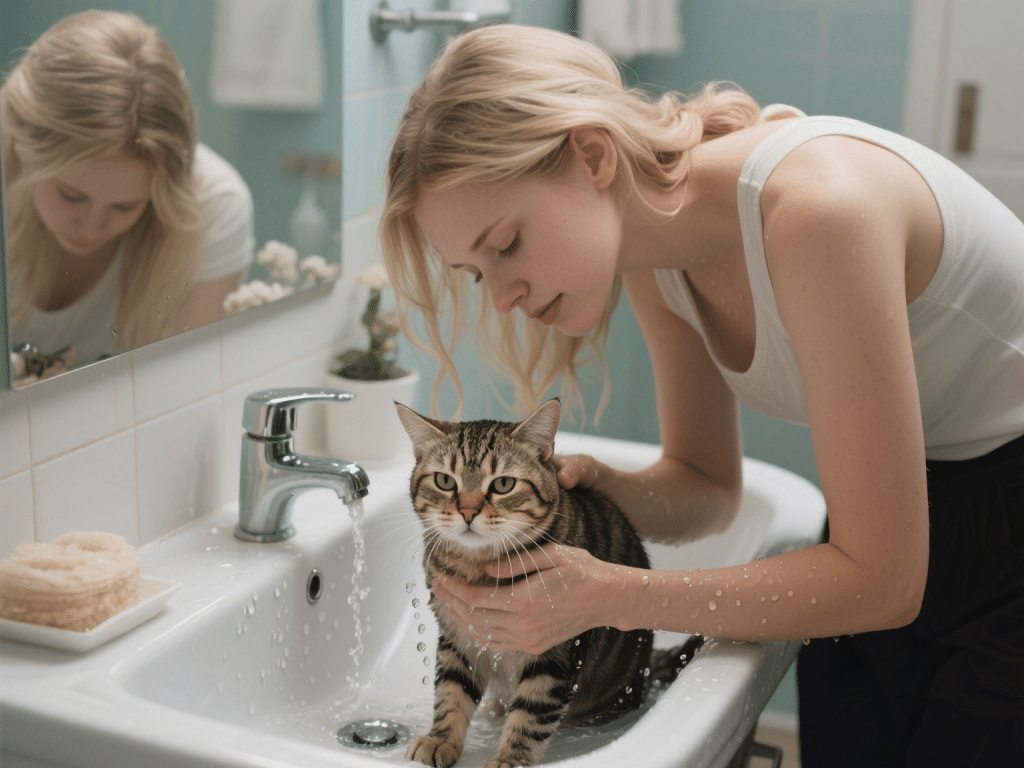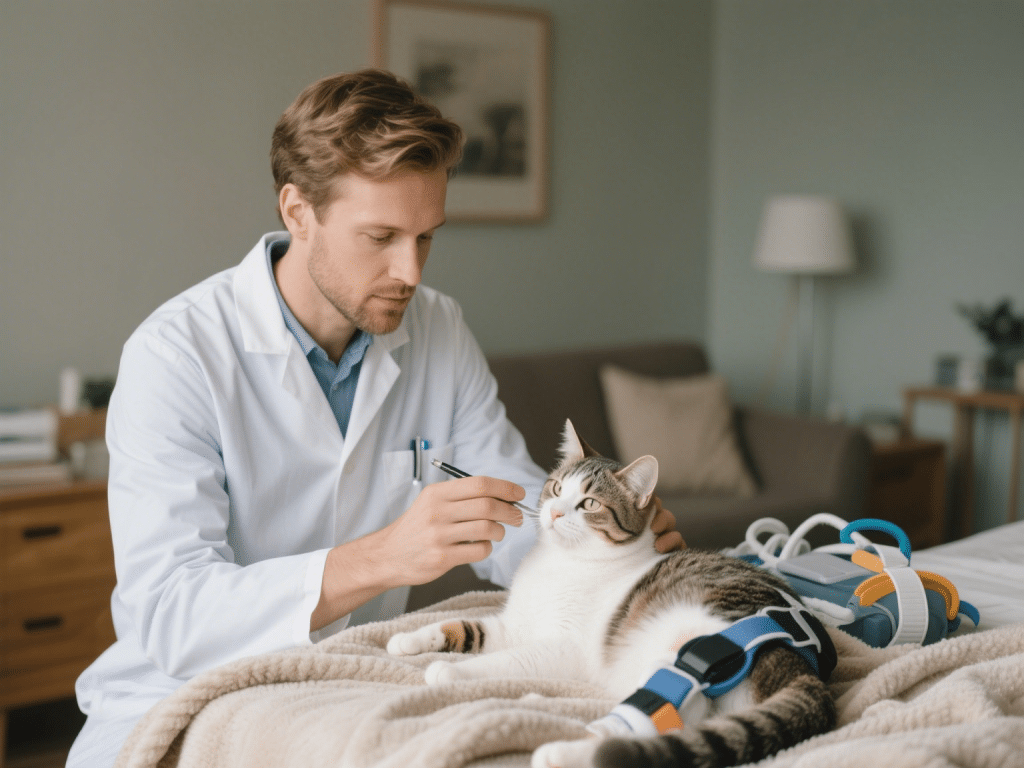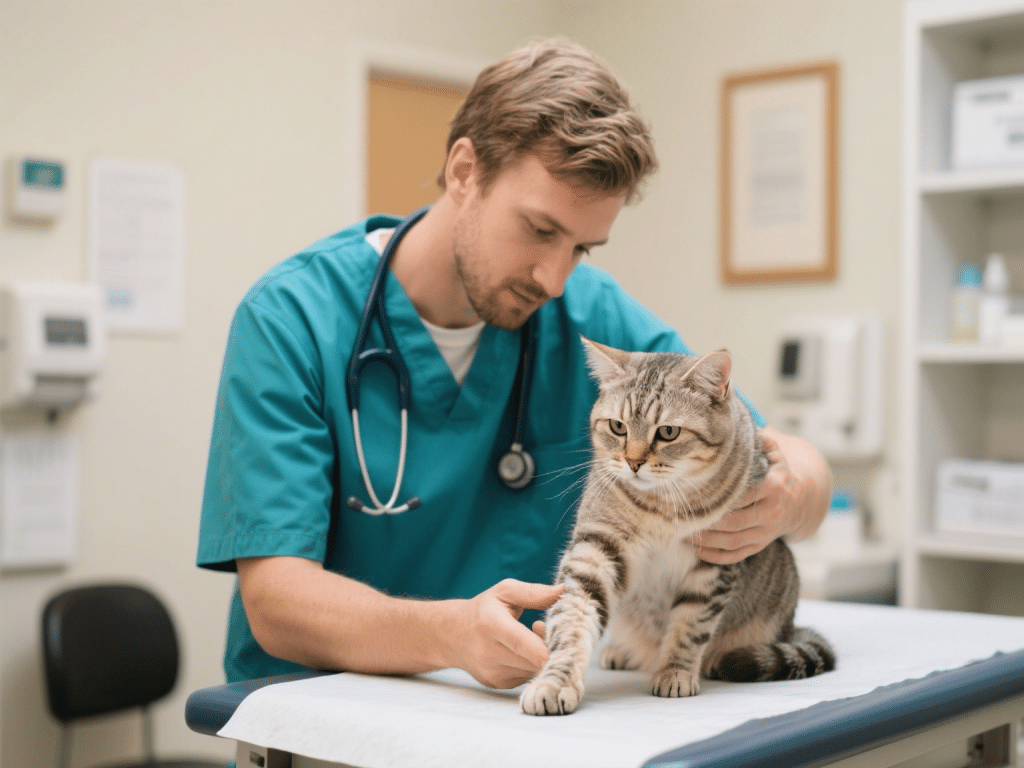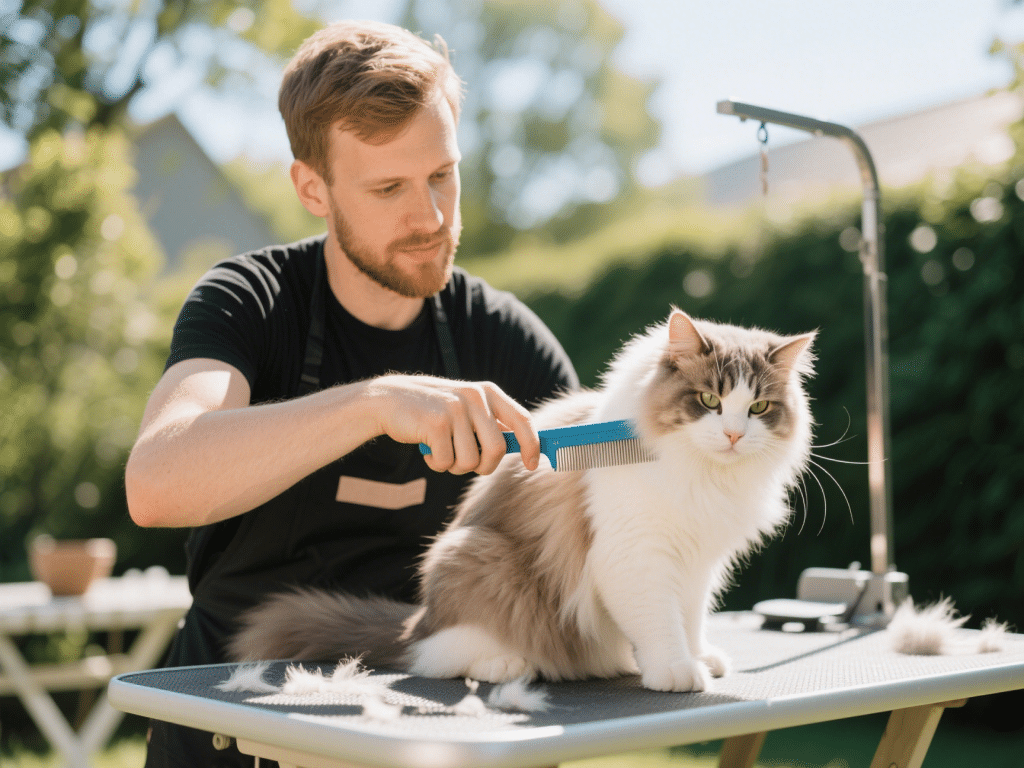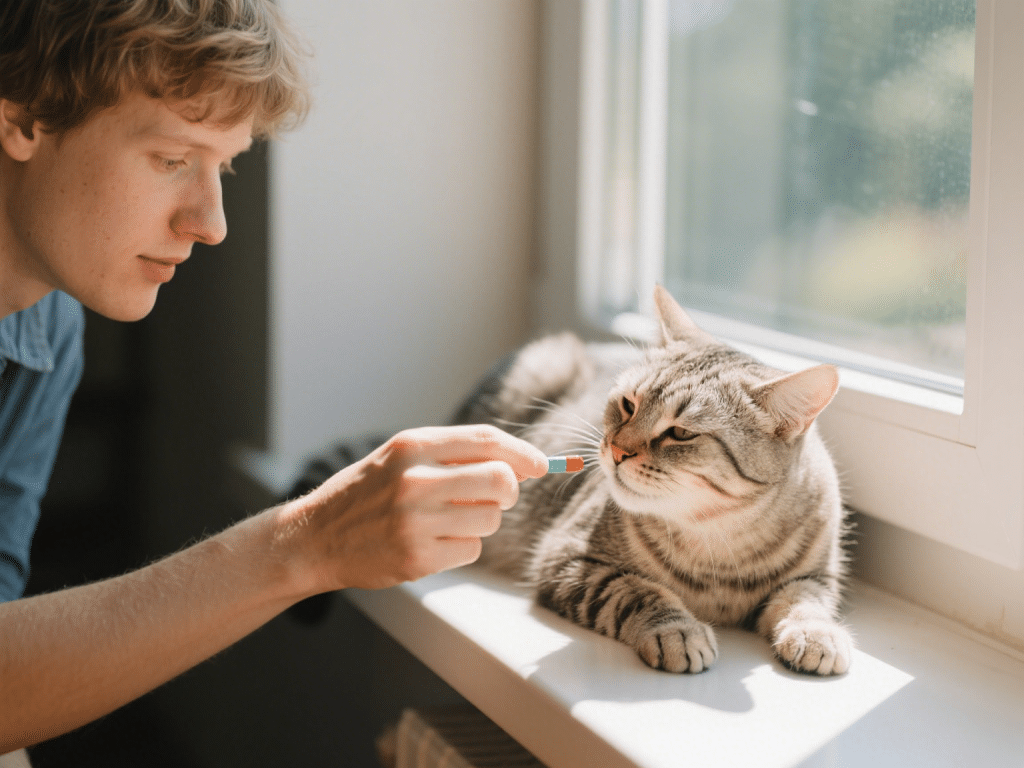
Hyperthyroidism affects up to 10% of senior cats, leading to weight loss, increased appetite, and restlessness. If untreated, it strains the heart and kidneys, shortening your cat’s lifespan. As a board-certified feline internist, I’ll guide you through diagnosis, current treatment modalities, and practical home-care tips to manage this endocrine disorder effectively.
1. Pathophysiology & Risk Factors
Hyperthyroidism results from overproduction of thyroid hormones—typically due to benign thyroid adenomas. Common risk factors include:
Age: Most diagnoses occur in cats over 10 years.
Dietary Influences: Possible links to iodine levels and canned food packaging.
2. Recognizing the Signs
Weight Loss with Polyphagia: Despite eating voraciously, cats lose lean muscle mass.
Hyperactivity & Vocalization: Restlessness and nocturnal “meowing.”
Gastrointestinal Upset: Vomiting and diarrhea in some cases.
3. Diagnostic Workup
Physical Exam: Palpable thyroid “lumps” near the larynx in ~50% of cases.
Blood Tests: Elevated total T4 confirms hyperthyroidism; free T4 can help in borderline cases.
Additional Screening: ECG and blood pressure measurement to assess cardiac effects.
4. Treatment Modalities
Antithyroid Medications: Methimazole tablets or transdermal gel to inhibit hormone synthesis.
Radioactive Iodine (¹³¹I) Therapy: Single-dose treatment that selectively destroys overactive thyroid tissue—high cure rate with minimal side effects.
Surgical Thyroidectomy: Less common due to anesthesia risks in seniors.
5. Home Management & Monitoring
Medication Administration: Methimazole requires twice-daily dosing; monitor for side effects such as vomiting or blood count changes.
Dietary Therapy: Prescription low-iodine diets can normalize thyroid levels within weeks.
Regular Rechecks: T4 levels and renal panels every 3–6 months.
6. Supportive Care
Cardiac Monitoring: Beta-blockers like atenolol may be needed for tachycardia or hypertension.
Nutritional Support: High-quality protein to preserve muscle mass and palatability for picky eaters.
Conclusion
With timely diagnosis and a tailored combination of medical, nutritional, and monitoring strategies, hyperthyroid cats can lead comfortable, fulfilling lives. Partner closely with your veterinarian to choose the best treatment path for your feline friend.

